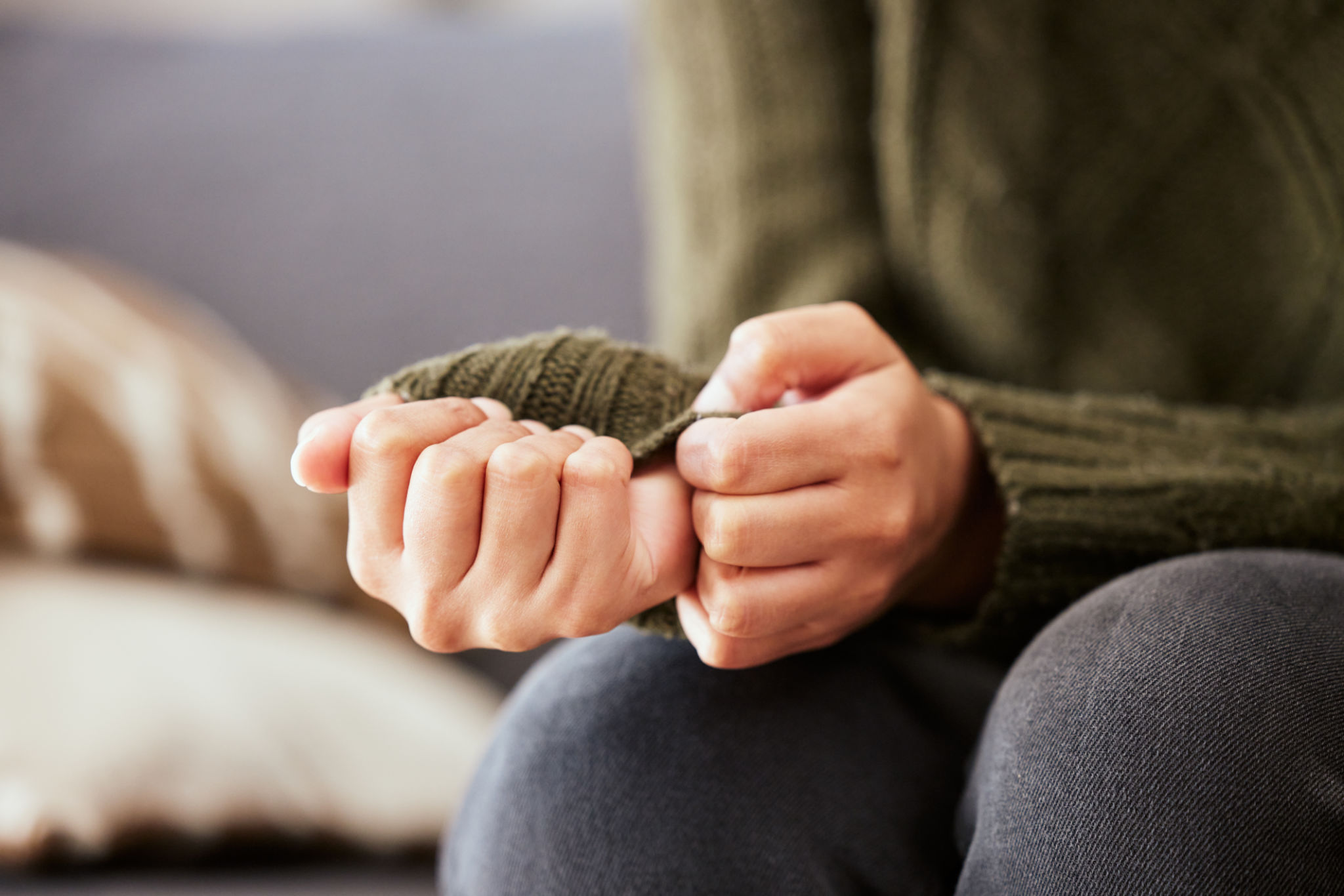Debunking Common Myths About Anxiety and Self-Esteem
Understanding Anxiety and Self-Esteem
Anxiety and self-esteem are two psychological concepts that many people grapple with. Unfortunately, misconceptions about these topics are widespread, often leading to misunderstanding and stigmatization. Let's debunk some of the most common myths surrounding anxiety and self-esteem, helping to shed light on the realities faced by those dealing with these issues.

Myth 1: Anxiety Is Just Being Overly Nervous
One prevalent myth is that anxiety is simply a matter of being overly nervous or worried. While everyone experiences nervousness from time to time, anxiety disorders are more complex. They involve persistent and excessive worry that doesn't go away and can interfere with daily life. Anxiety disorders are real mental health conditions that require understanding and proper treatment.
It's important to differentiate between everyday stress and anxiety. Stress is a response to a threat in a situation, while anxiety is a reaction to real or perceived stress. Recognizing this difference can help in seeking appropriate help and support.
Myth 2: Low Self-Esteem Means Lack of Confidence
Another common myth is that low self-esteem equates to a lack of confidence. While they are related, they are not the same. Self-esteem refers to how we value and perceive ourselves, while confidence is about trust in one's abilities. Someone might feel confident in certain areas yet still struggle with low self-esteem.

Understanding this distinction is crucial for personal development. Building self-esteem involves fostering a positive self-image and accepting oneself, which can enhance overall confidence.
Myth 3: Anxiety and Low Self-Esteem Are Just Phases
Many people believe that anxiety and low self-esteem are just phases that individuals will outgrow. However, without appropriate intervention, these issues can persist and even worsen over time. They require attention and care to manage effectively.
- Anxiety disorders can benefit from therapy, medication, or a combination of both.
- Improving self-esteem often involves cognitive-behavioral strategies, mindfulness, and self-acceptance.

Myth 4: Only Certain People Experience Anxiety and Low Self-Esteem
It's a misconception that only introverted or shy people experience anxiety or low self-esteem. In reality, these issues can affect anyone, regardless of their personality type or social status. Factors such as genetics, environment, and personal experiences all play a role in shaping one's mental health.
Acknowledging that anyone can be affected by these challenges helps in reducing stigma and encouraging open conversations about mental health.
The Importance of Dispelling Myths
Dispelling myths about anxiety and self-esteem is vital for fostering a more supportive and understanding society. By educating ourselves and others, we can create an environment where individuals feel comfortable seeking help without fear of judgment or misunderstanding.
If you or someone you know is struggling with anxiety or self-esteem issues, it's important to reach out for professional support. Remember, seeking help is a sign of strength, not weakness.
